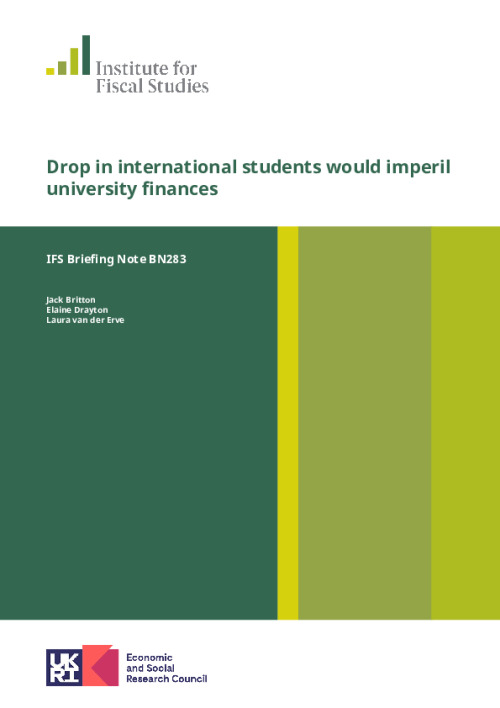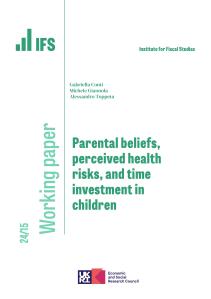A big drop in international student numbers would imperil university finances. If those most affected respond by taking more domestic students, many less prestigious institutions could go bust. Government might need to impose caps on domestic student numbers if it wants to avoid that outcome.
Around 270,000 international students were expected to start a new course at a UK university this autumn. The fee income from international students was nearly £7 billion last year, around 17% of the total income of the sector (37% of total fee income). If the current coronavirus (COVID-19) crisis results in a big drop in international students this could spell major financial problems for UK universities.
To make up for this shortfall in revenues, we might expect a drive by universities to attract more domestic students. Unless overall numbers of domestic students increase, this would put lower ranking universities at risk: they are likely to lose students to higher ranking institutions. But it is the lower ranking ones which are most heavily reliant on tuition fee income. If they were to lose much of that they would likely face severe financial problems.
One option would be to let some of these lower-ranked universities close or be subsumed by others. Assuming government wanted to avoid that, it could support them directly or place a cap on each university’s number of domestic students at or close to last year’s level. Under such a cap, whilst drops in revenue would still be significant, we would expect to see fewer universities experiencing catastrophic financial losses. Even so government might need to step in to help some institutions.











